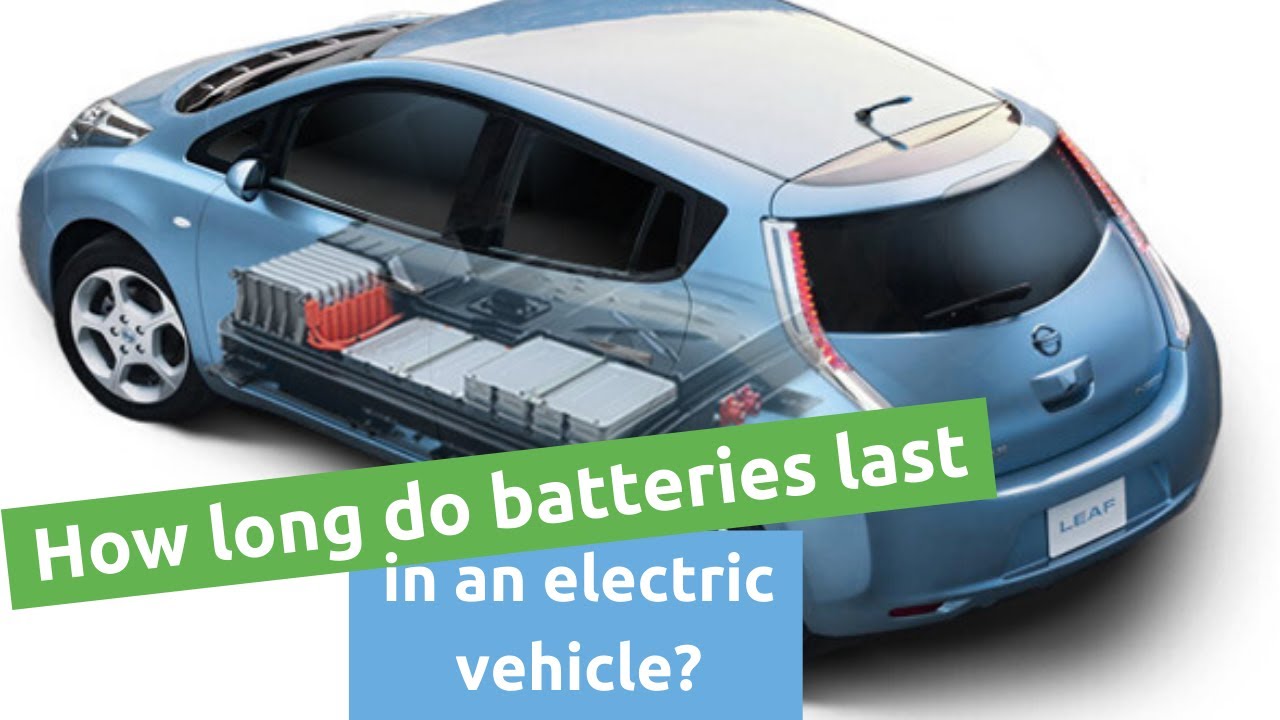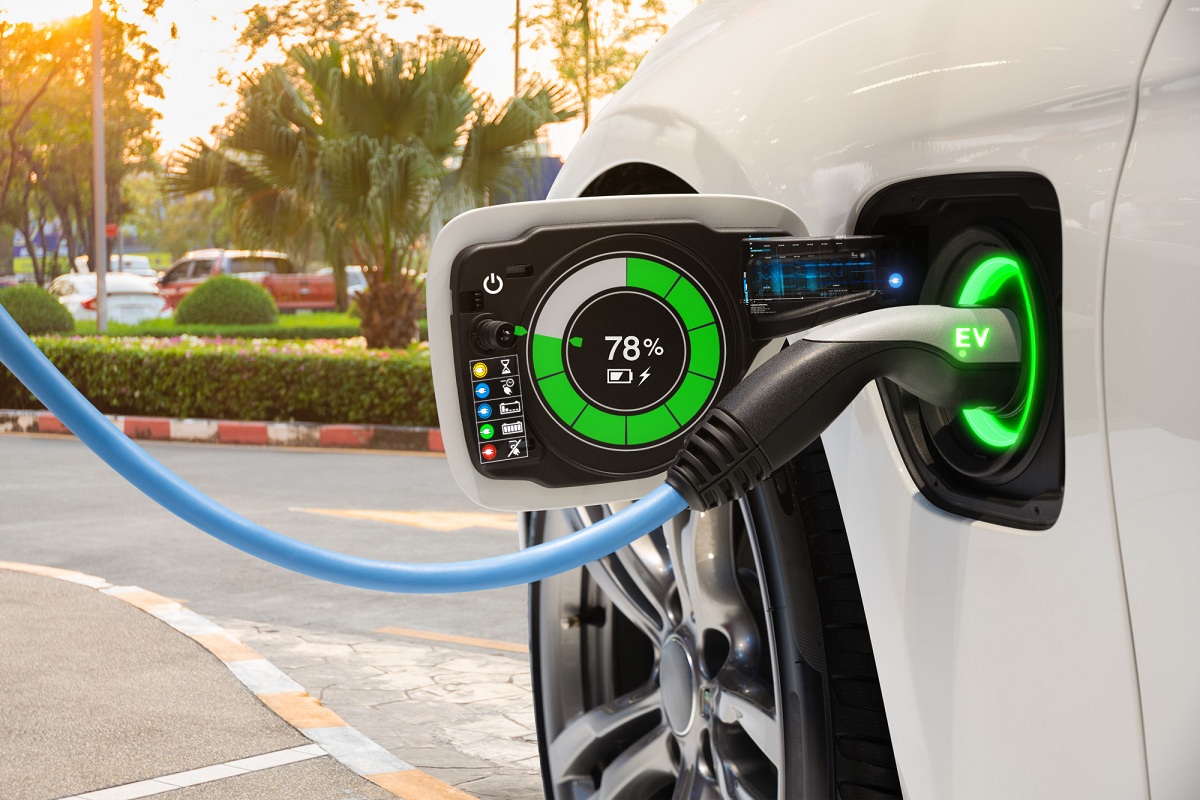Electric car batteries are one of the most important parts of an electric car. They provide the power that is necessary to run the electric motor and other electronic components in the car. However, electric car batteries have a limited lifespan and will eventually need to be replaced. The lifespan of an electric car battery will vary depending on a number of factors, including the type of battery, the amount of use, and the climate. In general, electric car batteries will last for between four and eight years.
Electric vehicles are powered by rechargeable lithium-ion batteries, which are more energy-dense than lead-acid batteries used in internal combustion engines. Temperatures, operating temperatures, and cycles are all factors that degrade batteries. New batteries will outstrip and outperform drivetrain components in ICE vehicles in terms of durability and reliability. In ICE vehicles, the average lifetime mileage is approximately 133,000 miles. Tesla claims that they are not far from meeting their goal of producing a million-mile battery. In most cases, the EV battery’s life expectancy is comparable to that of ICE drivetrain components. Charging stations are available at EV Connect to help you meet your vehicle’s needs. Electric vehicle batteries are becoming less expensive, traveling longer distances on a charge, and maintaining longer battery lives. Because frequent use of your EV is not a major factor in battery degradation, it is not a concern.
How Much Does It Cost To Replace An Electric Car Battery?

Electric vehicle batteries typically cost between $2,000 and $10,000 to replace, but some are more expensive. According to the International Energy Agency, electric vehicle sales will reach a new high of 66 million in 2021, up from a previous high of 6 million in May.
Electric car batteries are likely to degrade and need to be replaced over time. In 2010, the average cost of a new EV battery pack was more than $1,000 per kilowatt-hour. With the advancement of battery technology, replacement costs may come down in the future. Owning an electric vehicle is one of the simplest and cheapest ways to get behind the wheel of an all-electric vehicle. A battery should be maintained on a regular basis, but specific instructions can be found in the car’s user manual.
If you want your Tesla to run smoothly and avoid costly repairs, you must keep it in good working order. The most basic battery replacement in a Tesla costs between $13,000 and $14,000, while the most expensive replacement costs between $20,000 and $35,000. It’s critical to understand how much it will cost to replace your battery before you make any decisions about when it’ll need to be replaced.
What To Consider When Estimating Battery Replacement Cost
The cost of a battery replacement can be estimated in a variety of ways. In addition to the battery type, age, and location, there are numerous variables.
How Long Will A Battery Last In An Electric Car?

The average electric car battery will last between 70,000 and 100,000 miles before it needs to be replaced.
An electric car battery is unlikely to fully charge over time, but it will most likely not die in a single sitting. The electric car’s management system, in addition to preventing it from performing either of these functions, also prevents it from performing either of these functions. My EV believes that doing so keeps the battery’s usable life and efficiency as long as possible. Electric cars must pass the same safety tests as gasoline vehicles in the United States. When driving in a hotter climate, the battery in your vehicle will deplete faster. Electric vehicles typically have advanced batteries that will degrade over time, but they are usually covered by an eight-year/100,000-mile warranty. The Lithium-ion battery has an extremely long charging cycle and can reach 100 percent of capacity within the first few seconds of use. Battery life can only be extended by approximately 500 cycles of intense charging before it goes out of style. Electric vehicles have a thermal management system that ensures that the batteries are kept at a constant temperature.
How Long Does A Battery Last In A Fully Electric Car?
The majority of batteries have a five to eight-year warranty from the manufacturer. Electric car batteries are expected to last 10 – 20 years before needing to be replaced.
The Pros And Cons Of Tesla’s Expensive Cars
When it comes to range, performance, and safety, it is no surprise that the Tesla Model S and Model X have the best ratings. They are, however, incredibly expensive. The cost of replacing the battery in a Tesla Model S ranges from $13,000 to $20,000, while the cost of replacing the battery in a Model X ranges from $13,000 to $35,000. Despite the fact that these prices appear to be excessive, they are actually lower than the prices of comparable vehicles.
How Long Does A Full Charge Last On An Electric Car?

The average electric car has a range of about 100 miles on a full charge. However, this number can vary greatly depending on the make and model of the car, as well as the driving conditions. For example, if you are driving in stop-and-go traffic or up a steep hill, your car will use more power and have a shorter range.
The number of hours it takes an electric car to charge varies depending on the charger type. Most EV drivers use a Level 2 charger, which provides full charge overnight. If the prospect of a hybrid vehicle scares you, you might consider a fully electric vehicle instead. Gordon Chevrolet, Inc. will be happy to provide performance specifications as well as answers any questions about electric vehicle charging times, whether you can drive without an electric motor or not. A roomy, family-friendly SUV with a full-size pickup truck’s power and towing capability. When properly equipped, the 2022 Chevy Tahoe can tow up to 8,400 pounds.
Electric vehicles have the potential to reduce greenhouse gas emissions by up to 90%, and they can also save drivers money on fuel. It’s good to know that charging an electric car is simple and convenient no matter where you are.
An electric car’s charging station may take between 30 minutes and overnight to fully charge. Electric cars typically require 40 hours to charge at home, whereas public stations require only a few hours.